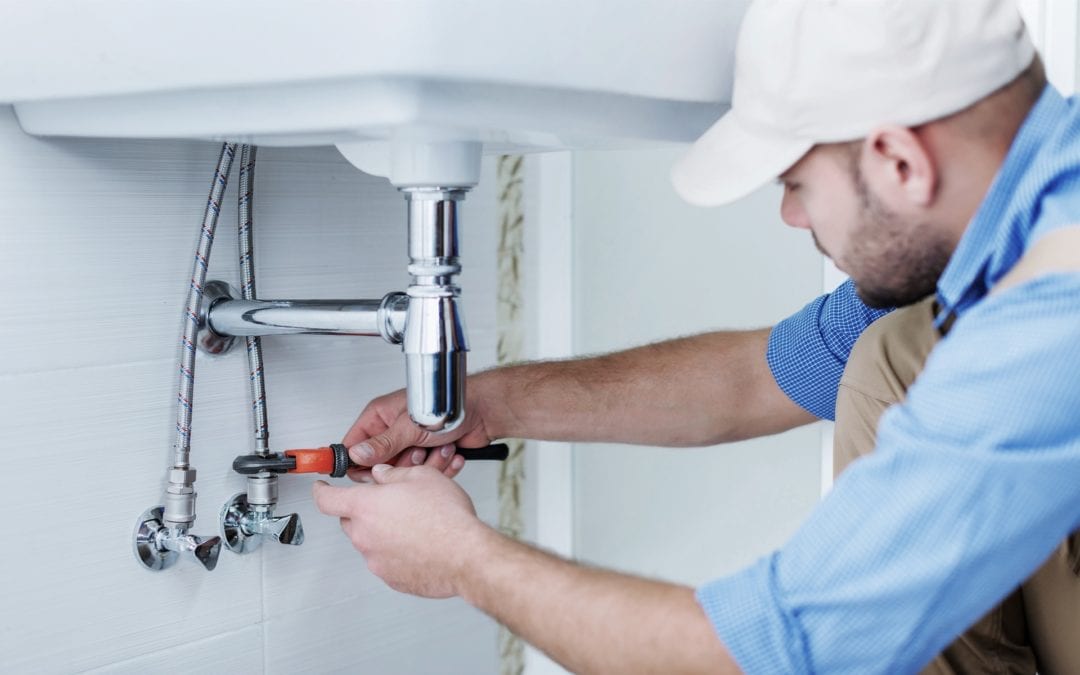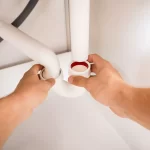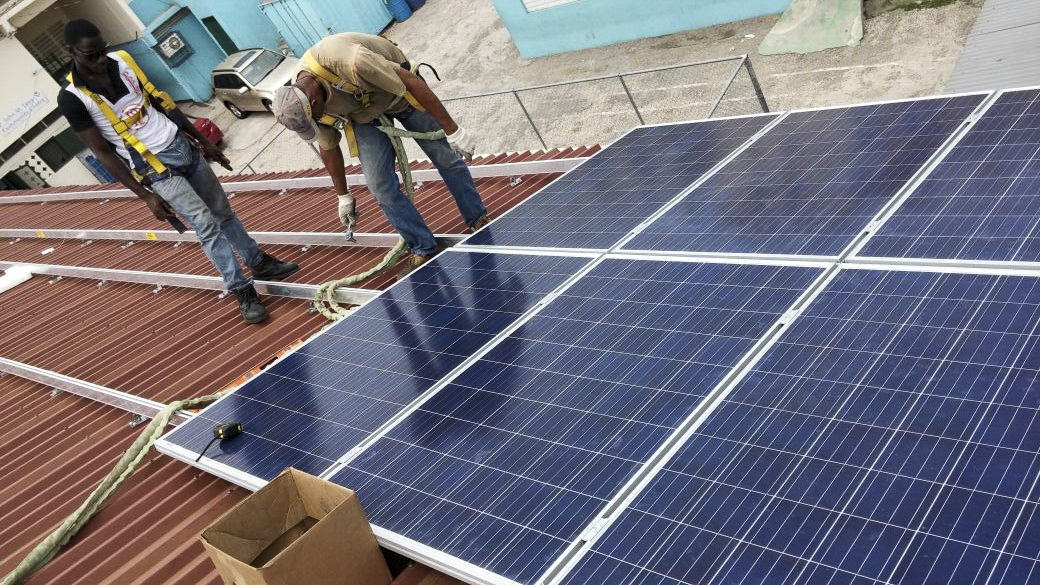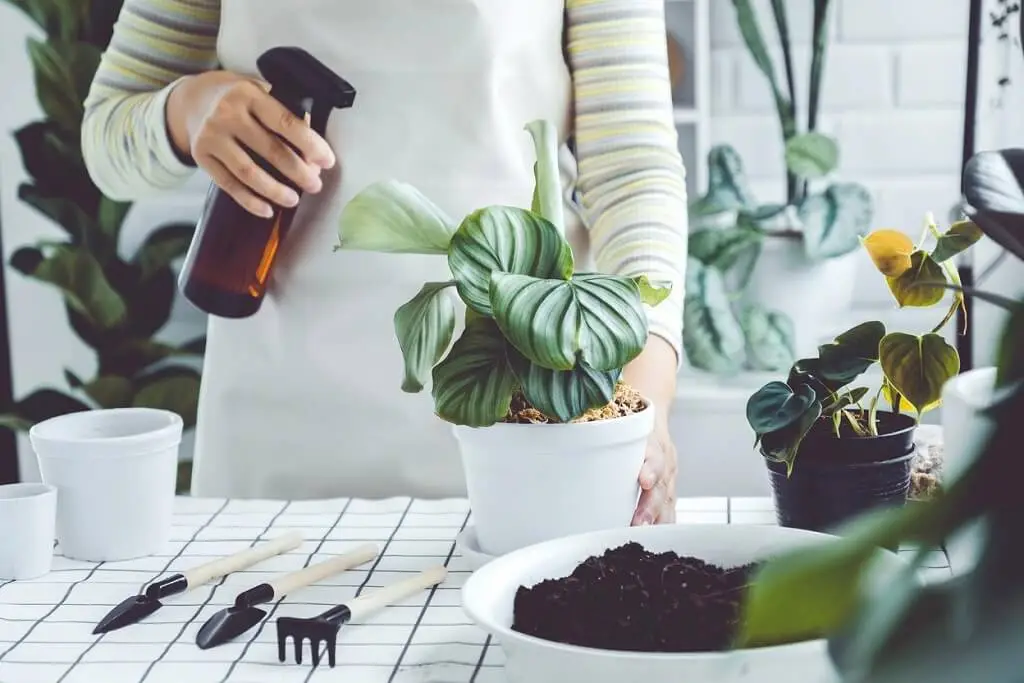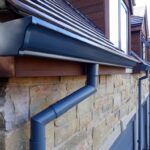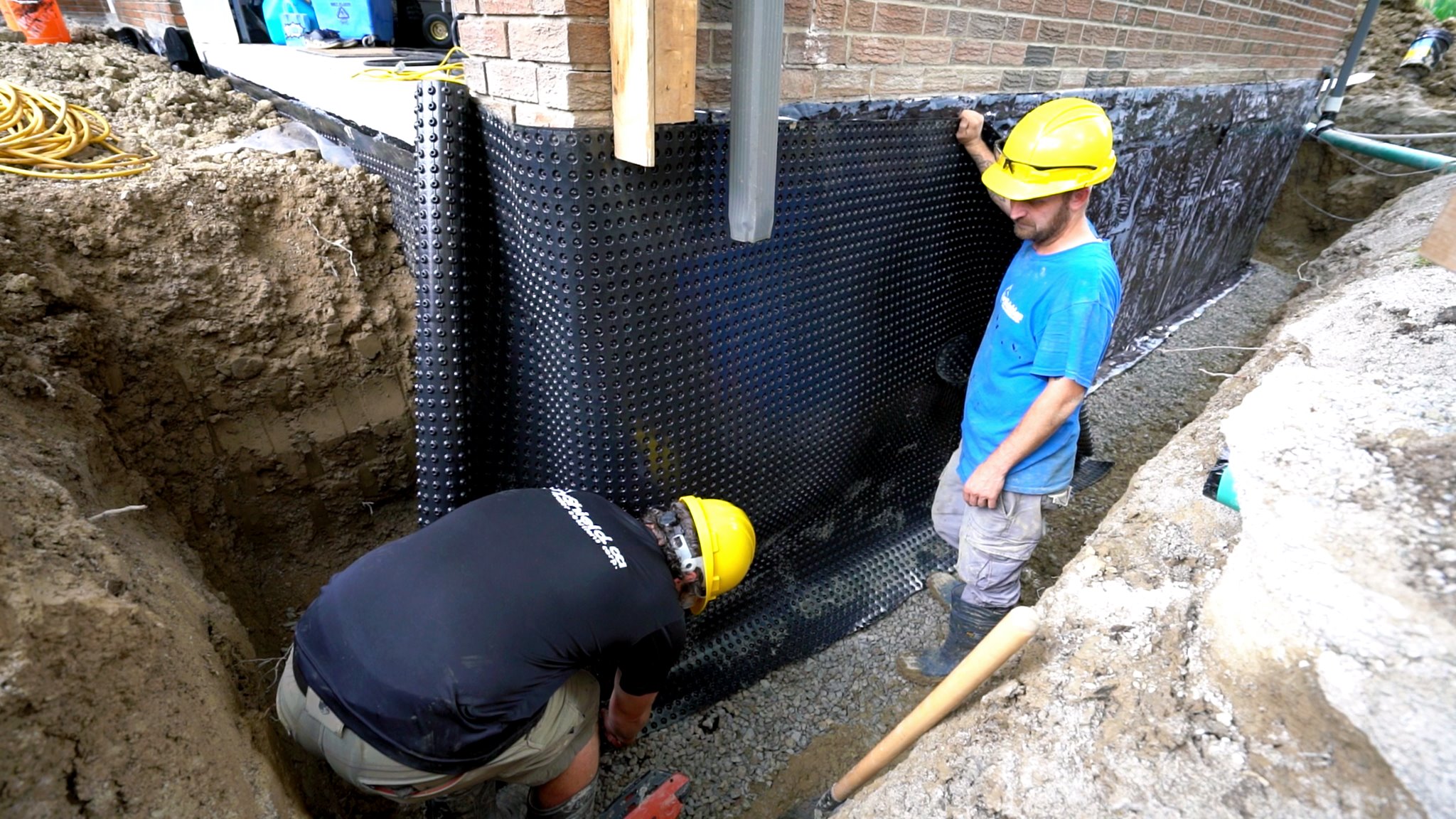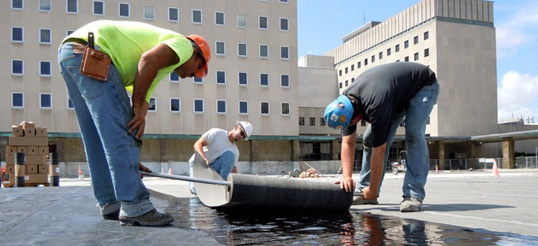Homeowners who buy property in areas said to have hard water might be wondering how it can affect them. While hard water does not cause any adverse health issues, it can create a lot of problems in your home. To address the problems that hard water can cause to your home and your plumbing systems, it is important to learn about them first. So, here are a few things to look out for.
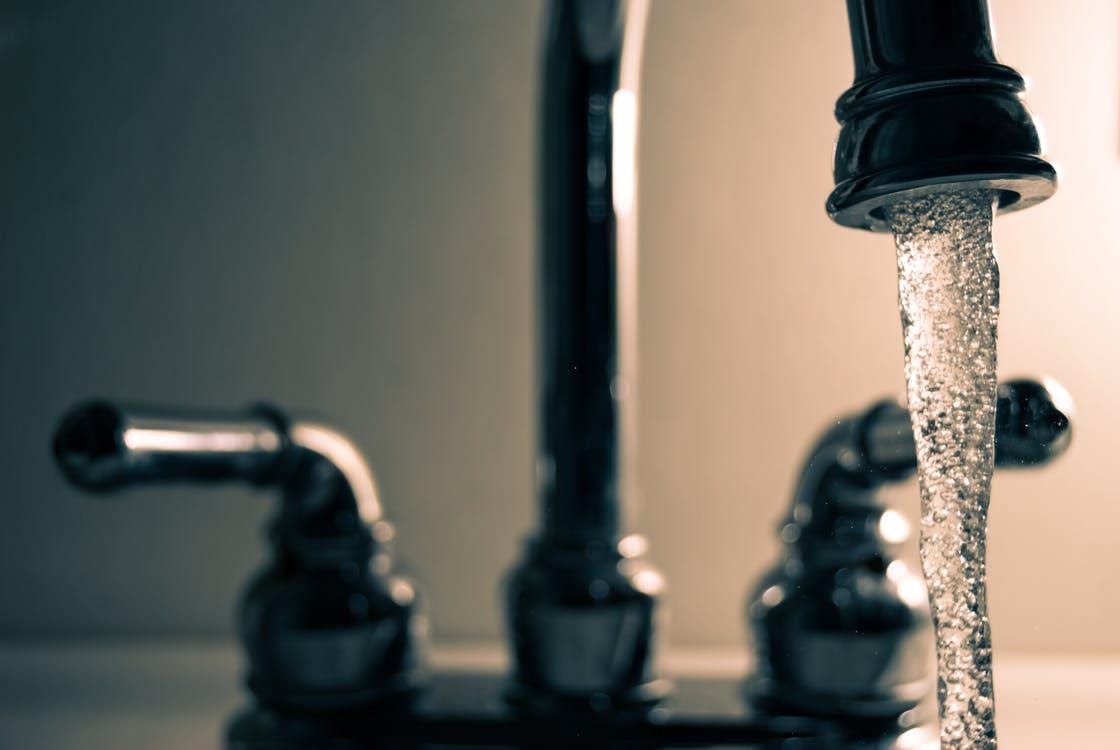
Royalty-free image
The Pipes
Hard water affects your plumbing system the most, causing clogged or corroded pipes due to a buildup of scales. The clogs and corrosion this buildup causes can lead to water backups and burst pipes, both of which need to be addressed by a plumber.
It Affects Your Bills
If you use a water heater or hot shower, you need to know that the type of water you have can affect your power bill. Studies have found that hard water can lower the operating efficiency of your heaters or hot showers. This means a lot of heat is wasted and the loss of energy can lead to higher-than-normal energy bills.
Your Appliances
Hard water affects all appliances that use water, leading to malfunction, leaks, and increased power bills. The appliances you should be most worried about are your refrigerator, washing machines, ice makers, and dishwashers. To protect your appliances and keep your energy bills low, you could try the different hard water treatment options that exist, including salt-based and salt-free softening and conditioning.
Stains
Hard water contains a lot of minerals that can stain your bathtubs and sinks. This is especially true for stainless steel and ceramic sinks and bathtubs. Although it is relatively easy to clean these stains, they are still unsightly, and no one wants to do that every few days.
Lower Water Quality
Drinking water should be free of discoloration, smell, and taste. Depending on where you live, your water might have a cloudy appearance, a metallic taste, or even smell like rotten eggs. However, regardless of how it looks, tastes, and smells, this water is still relatively safe to drink. To be absolutely sure, you can treat your drinking water because these issues do not affect other areas like laundry or watering your lawn.
Increases Laundry Expenses
One of the biggest downsides of using hard water for laundry is that it is harder for soap to lather or form suds. This means you will need to use more soap than usual to clean your clothes or even the dishes. This directly increases the cost of cleaning in the house.
Additionally, scum might form on the surface of the water and you might have to clean the surfaces you use for laundry and dishes after you are done.
Due to the many negative effects of hard water on both your home and your body, you should look for ways to treat it. Doing so could also reduce your power bill by a significant amount, so it’s definitely worth looking into.
